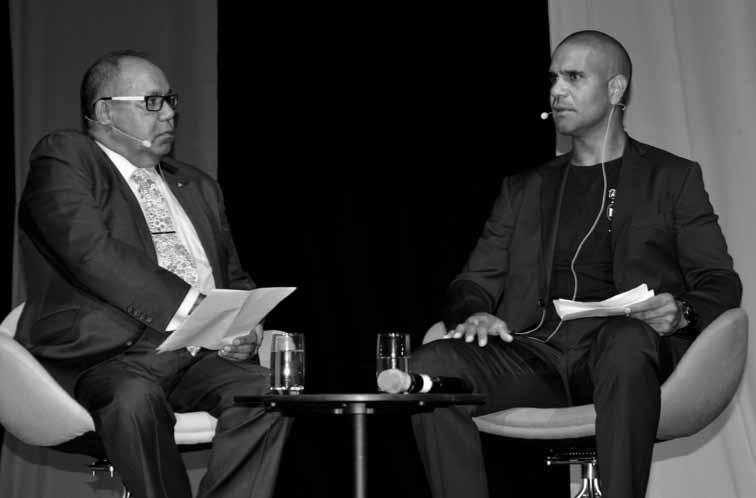
17 minute read
Seven years since apology
On 13 February over one thousand people attended the 7th Annual Anniversary of the National Apology to the Stolen Generations Breakfast. The breakfast was held to honour the survivors of the Stolen Generations and to inform the nonAboriginal community about their ongoing needs.
The keynote speaker was AFL legend Michael O’Loughlin. Michael is a Narungga, Kaurna and Ngarrindjeri man who grew up in Salisbury, Adelaide. He went on to play 303 AFL Games for the Sydney Swans and was named in the Indigenous AFL Team of the Century. He is the Founder and Director of The Go Foundation. He is currently working as the High Performance Manager with the Sydney Swans and serves as a Recognise Campaign Ambassador. Mr O’loughlin was an inspiring guest speaker. He spoke about the importance of remembering the Stolen Generations, about his work with the Go Foundation, and his quest for a positive future for Aboriginal Australia. “I have had close family affected by this tragedy and it is important to recognise all Stolen Generation survivors in South Australia,” he said.
Advertisement
Mr O’loughlin also encouraged people to get behind recognition of Aboriginal people in the Australian constitution. “Aboriginal people from this land are part of Australia’s history. I think every fair-minded Australian can understand why recognition will help us to heal old wounds”, he said. Professor Peter Buckskin , Co-Chair of the Reconciliation South Australia Board said the success of the breakfast shows there is growing support in remembering and acknowledging the Stolen Generations.
“Each year, our Apology Breakfast continues to grow, and this year we’ve broken records with over a thousand people attending. This indicates the growing respect and support that people have in SA for our Stolen Generation Survivors,” said Professor Buckskin.
The support was also noted by the event’s long list of sponsors. The main sponsors were Telstra, Port Power and Adelaide Crows.
Reconciliation SA promotes the People’s Movement for reconciliation at a State level. Its website states Reconciliation SA aims “to increase understanding of the shared history of all South Australian that recognises and enacts the rights of Aboriginal and Torres Strait Islander people to live in a just and equitable society”. The Annual Anniversary Breakfast of the National Apology is a significant State event that allows reflection and encouragement for people to come together to heal and to celebrate our achievements. The breakfast is always followed by a community BBQ, also hosted by Reconciliation SA.
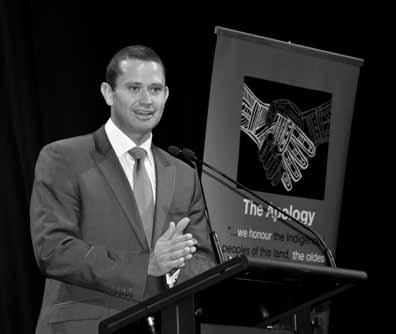
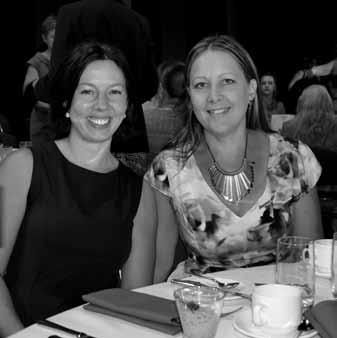
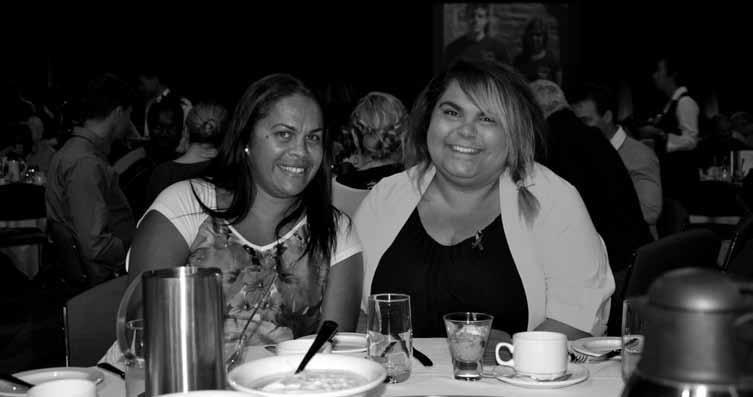
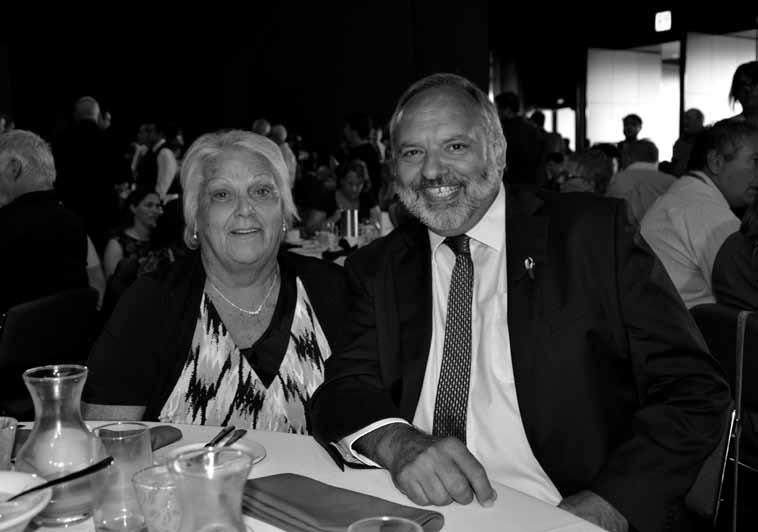
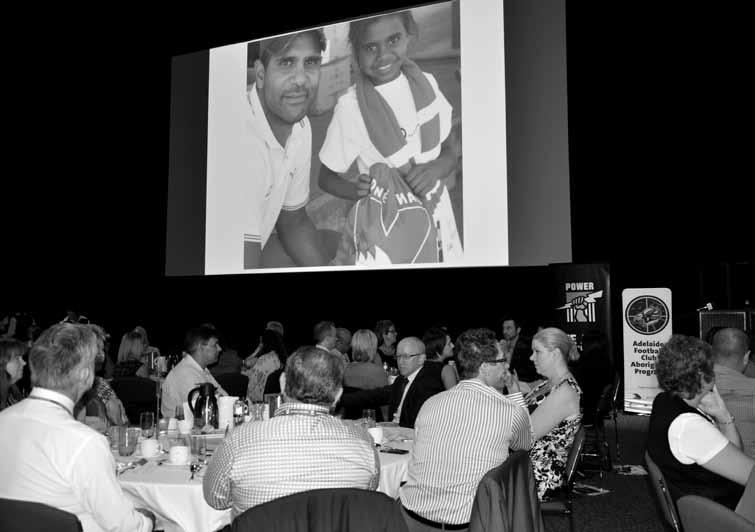
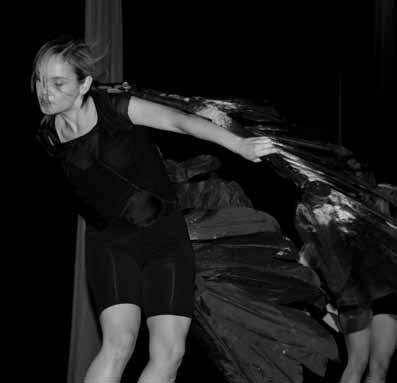
From top, left to right: xx; xx; xx; xx; xx; xx; xx; xx; xx.


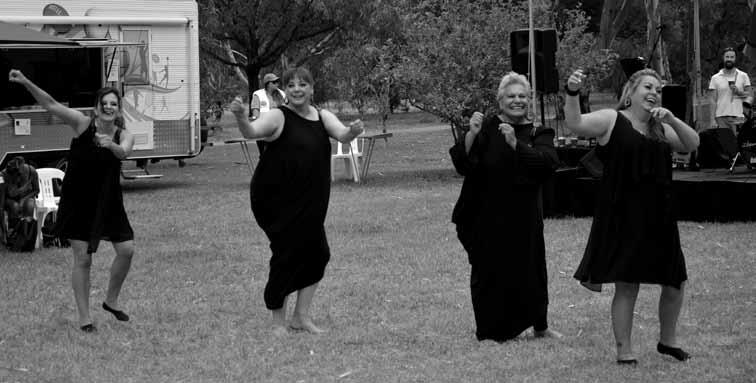
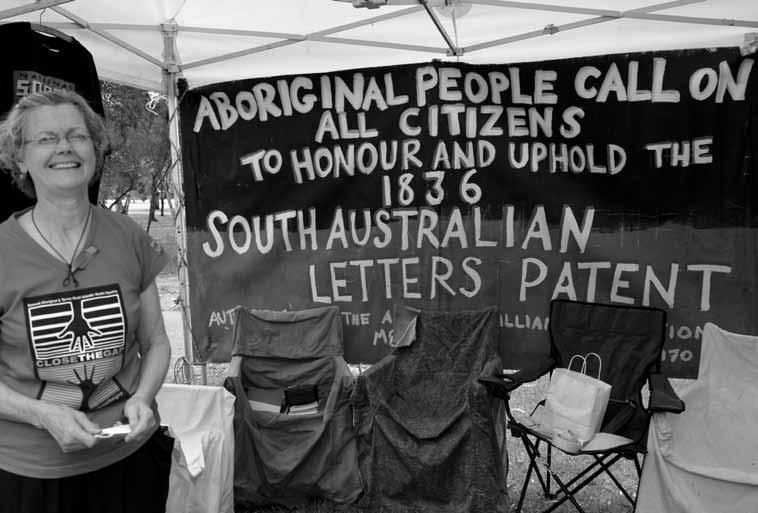
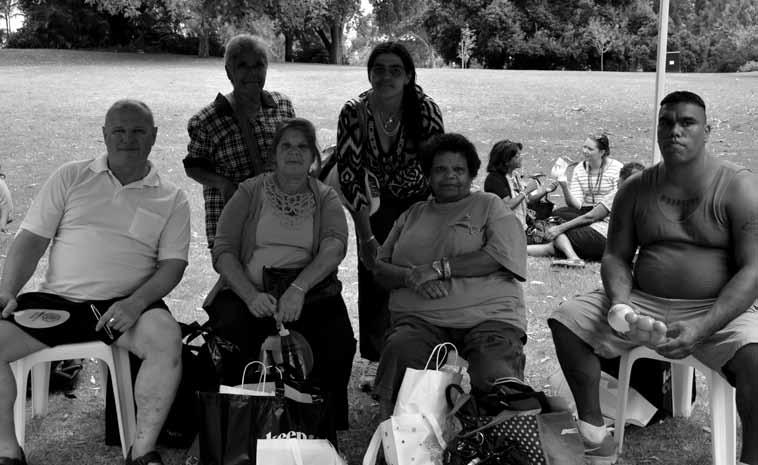
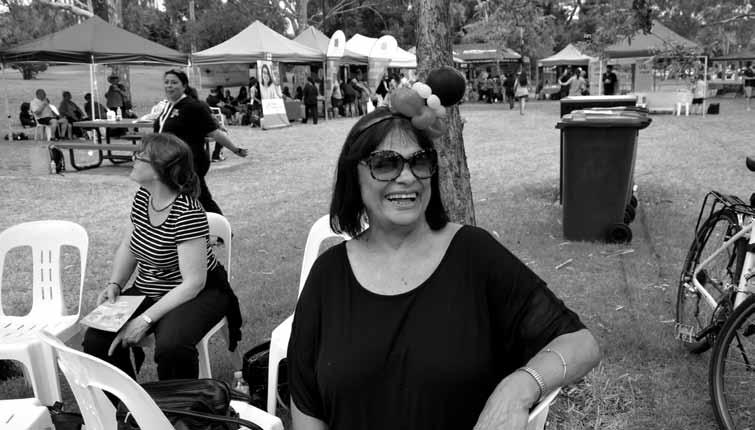
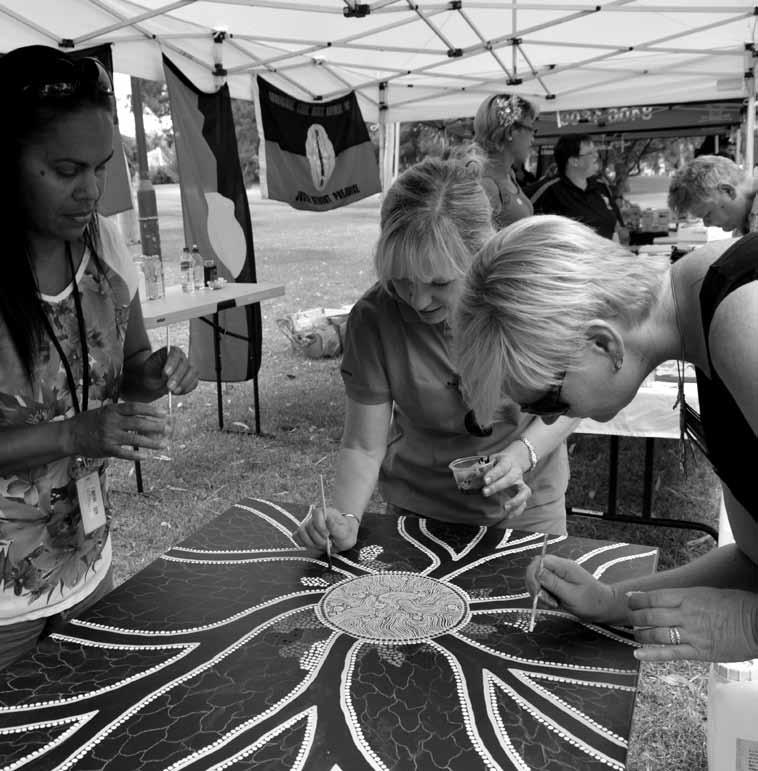
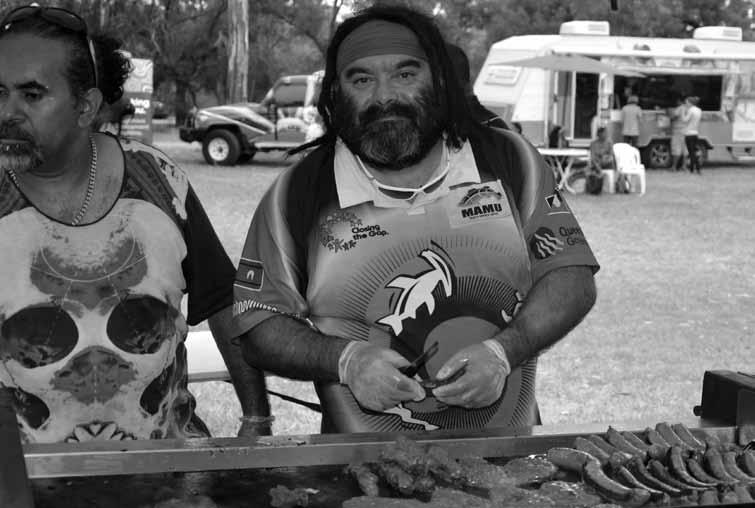
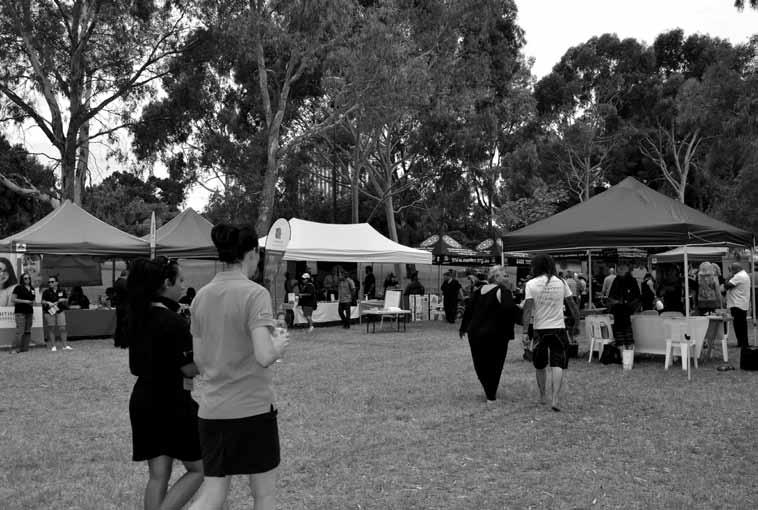
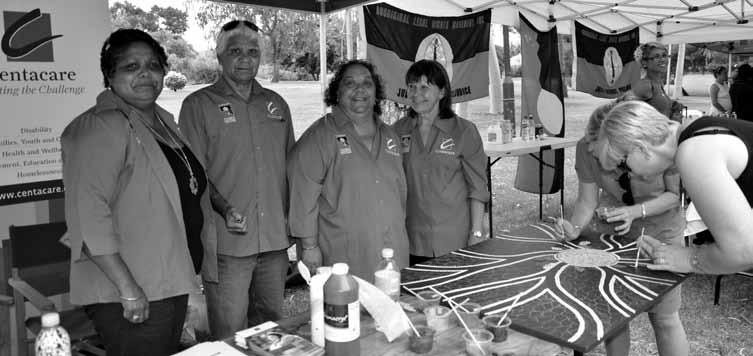
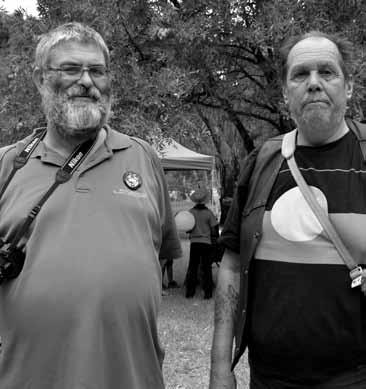
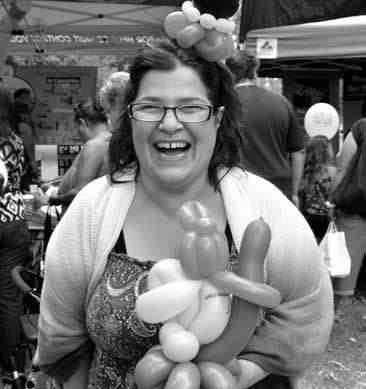
Clockwise from top left: The Numkerettes Belinda, Diana, Shelly and Sara; Jean, Ky and Linda Wilson with Gloria Sumner, Joe and Genie Lehotski; Jane Lemont Williams; xx; Centacare Staff; Tanya Michelle from Link Up; Dean Whitaker and Anthony Hughes; Randy Saunders and Warren Miller from Wirrangu Traditional Foods and Cooking; xx; Jose Nemorin at the SA Letters Patent stall.
Tim Wilson – Human Rights Commissioner National Press Club Address
Australia’s sixth Human Rights Commissioner, Tim Wilson, spoke at the National Press Club on Wednesday 18 February 2015, on the subjects of freedom, education and human rights. The Commissioner dedicated a substantial part of his speech to property rights and housing as basic human rights. Below is an excerpt of Mr Wilson’s address, the full speech is available online at www.humanrights.gov.au/news/speeches.
Property rights are human rights
Magna Carta’s anniversary also provides the opportunity to reconnect Australia’s human rights discourse back to their origins, particularly the importance of property rights. The very foundation of human rights is that people own their own bodies and should be free to pursue their lives, their opportunity and their enterprise. Preservation of property rights is central to the human rights cause. They underpin autonomy, security, and the foundations of a market economy through physical and intellectual property to deliver the growth to deliver higher standards of living, art and culture, innovation and education and health outcomes.
Property is the foundation of industries past, and the entrepreneurialism and creativity of tomorrow. Denying them has the reverse effect. In Perth I met with property groups who articulated the human cost of excessive environmental laws that destroy the security and opportunity for farmers to invest in their own future.
In Alice Springs we went to art galleries that ensured remote Aboriginal communities earned an income through the sale of artwork that is built on a respect for their intellectual property. In his compelling book, The Mystery of Capital, Hernando de Soto, identified “Without formal property, no matter how many assets the excluded accumulate or how hard they work, most people will not be able to prosper”.[3]
The freedom to exercise property
If you need evidence to demonstrate the human consequences of denying property, you just need to look at Aboriginal Australia. Mabo established recognition of the common law right of native title and the road for Aboriginal Australians to reclaim their available lands. But it was only the beginning of the story. It’s not enough for Aboriginal Australians to simply have property rights; they must also have the freedom to exercise them.
Unleashing the freedom to exercise native title must be part of the next chapter in ensuring our Aboriginal Australians, as Noel Pearson wrote in a recent essay, achieve their “equal liberty ... [and] the freedom to take responsibility”.[4] Aboriginal leaders from Broome to Cairns have detailed to me the complex bureaucracy after native title is secured, including: • E xcessi ve regu la t io ns t ha t undermine self-determination and entrench poverty. • La n d t a x b i l ls fo r p ro per t y t ha t t h ey ’ve never had the opportunity to develop. • A n d lega l res t r ic t io ns t ha t s to p la n d being used as equity to raise the capital to be entrepreneurial. This is neither fair, nor just. We can’t complain about the cost of welfare programs for Australia’s first citizens, when we concurrently deny them the freedom to use the primary asset they own to escape dependency. It is not our place to tell Aboriginal Australia how to use their land. But it is our duty to ensure they can by removing red tape. Reform requires: • Flex i b le lega l i ns t r u m en t s ena b l i ng communities to use their title as they see fit, including with different ownership structures that meet their needs.
• Co m p l i m en t a r y n ew b usi n ess m od els that ensure finance can be raised, and risk can be priced, so communities can build economic opportunities.
• M echa n isms to ra ise f i na n ce for the development of housing and ownership. Having met with leaders, there is an appetite for constructive reform to set native title free.
Reform must respect native title’s unique role as a sacred bond between Aboriginal Australians and their homelands.
Therefore, I’m proud to announce that my colleague, Mick Gooda, and I will be hosting a high-level forum on this subject later this year. Any proposals from this forum will require the consent of native title holders if implemented and will not compromise the protection of the inherent legal rights of Aboriginal Australia. We will be bringing together parties interested in reviewing and reforming native title to remove legal and regulatory barriers that hold Aboriginal communities back from reaching their full potential.
Housing affordability
These challenges don’t just befall Aboriginal Australia. Undermining the free exercise of property rights contributes to the housing affordability crisis in our cities and suburbs.
During an interview on a youth radio station in regional New South Wales I asked the host what issues her listeners had raised after reading my consultation paper. I know you all read it too. There was only one answer: property rights. Housing affordability has been raised with me all across the country by business groups, younger Australians, rural Mayors and homeless support centres. Most advocacy is dedicated to increasing the supply of social housing. Others have raised concern about security of rental tenure, particularly for older Australians. But you cannot fix the problems of renting and ownership unless you fix the private market. The wealthy can take care of themselves. But middle and working class Australians, especially the young, face housing stress. Ignoring their problems simply pushes the problems further down the market to the detriment of the poor and disadvantaged. That is the story I heard from disaffected homeless people at the Hutt Street centre in Adelaide. They raised concerns about accessing reliable accommodation with so much pressure on social housing. Many factors contribute to rising house prices, from wealth disparity between generations, land release, environmental and planning regulations, as well as labour costs.
All increase costs and slow release of supply. That isn’t the end of the story. We stop people using websites to rent out their homes for short term tenancies.
There are also geographic differences. The problems in our capital cities where land is scarce are different to communities like Halls Creek in outback WA where land is plentiful. Solving the challenge of housing affordability is not just about building more houses on the outer fringe of our great capital cities where families will struggle to commute; nor towering skyscrapers in our CBDs where families will only temporarily fit; especially when established suburbs stop medium density development that can deliver proximity, livability and affordability. There isn’t a one-size fits all solution.
Making sure all Australians can access shelter is an area I intend to work on in the years to come.

Human Rights Commissioner, Tim Wilson.
Aboriginal people eat less fruit and veg says ABS report
Aboriginal and Torres Strait Islander people eat less fruit and vegetables than non-Aboriginal people, according to a report released last month from the Australian Bureau of Statistics (ABS). Diets high in fruit and vegetables can help protect against chronic diseases like heart disease, stroke and some cancers. The results are from the first ABS survey to collect detailed nutrition information from over 4000 Aboriginal and Torres Strait Islander people, which forms the nutrition component of the Australian Aboriginal and Torres Strait Islander Health Survey. Aboriginal and Torres Strait Islander people living in urban areas ate 25 per cent or 23 grams more fruit and 30 per cent or 30 grams more vegetables than those living in remote areas. Other results from the survey showed one in eight Aboriginal and Torres Strait Islander people aged 15 years and over reporting that they were on a diet. Aboriginal and Torres Strait Islander dieters were more likely to be on a diet to control diabetes compared with nonIndigenous dieters, who were more likely to be on a low fat or cholesterol diet.
More information is available in Australian Aboriginal and Torres Strait Islander Health Survey: Nutrition Results – Food and Nutrients (cat. no. 4727.0.55.005 ) available for free download from the ABS website www.abs.gov.au
The 2015 Closing the Gap Report was released earlier this year. The aim of the report is to assess the gains and losses made in the previous 12 months toward reaching targets outlined in 2008 by the Council of Australian Governments in addressing Aboriginal and Torres Strait Islander disadvantage.
TARGET TARGET YEAR STATUS RESULTS
Close the gap in life expectancy within a generation 2031 Not on track
Halve the gap in mortality rates for Indigenous children under five within a decade 2018 On track
Ensure access for all Indigenous four-year-olds in remote communities to early childhood education 2013 Not met
Close the gap between Indigenous and non-Indigenous school attendance within five years
Close the gap in reading writing and numeracy achievements for Indigenous students
Halve the gap for Indigenous Australians aged 20-24 in Year 12 attainment or equivalent attainment rates 2018
2018 Not on track
2020 On track
Halve the gap in employment outcomes between Indigenous and non-Indigenous Australians 2018 Not on track New target, baseline 2014
Prime Minister Tony Abbott has said “it is profoundly disappointing that most Closing the Gap targets are not on track to be met”. However, The Close the Gap Campaign’s 2015 Progress and Priorities Report has cautioned that time is required to see results. Additionally it cautioned that reducing effort and drive behind the campaign amounts to a waste of the investment the Australian nation has done up until now. Kirstie Parker, co-chair of the campaign, has said that Australia as a nation will need to maintain the current campaign momentum to see a rise in Indigenous Australian’s life expectancy.
The Closing the Gap Prime Minister’s Report 2015 acknowledged the importance of Indigenous recognition in the Australian Constitution. The Prime Minister stated that he hoped this would be achieved on the 50th anniversary of the 1967 referendum, which would fall on 27 May 2017. The report states that “constitutional recognition is critical to fully acknowledge the heritage of our nation”. The report went on to highlight that education, employment and safer communities are key factors in driving the Closing the Gap campaign and that health and wellbeing are interconnected to these factors. This opinion was mirrored by Ms Parker, who said there needs to be a clearer connection between the Closing the Gap Campaign and the Australian Government’s Indigenous Advancement Strategy. It was echoed in the 2015 Progress and Priorities Report, produced under the co-chairperson commission of Mick Gooda and Ms Parker. There was a particular emphasis on the need to relate education, which is an Indigenous Advancement Strategy, and health. Key recommendations have been forward by the 2015 Progress and Priorities Report. The recommendations include that the Australian Government should revisit the decision to discontinue to National Indigenous Drug and Alcohol Committee; funding for the Tackling Indigenous Smoking programme is increased; and that the Closing the Gap targets focused on reducing imprisonment and violence are developed, and this should be implemented alongside justice reinvestment activities.
The Report highlighted the need for appropriate services that target detecting, managing and treating chronic diseases in Indigenous Australians. Evidence shows that Aboriginal Community Controlled Health Services are able to provide the best kind of service in this area. The Report went on to state that the artificial divide between chronic disease and mental health needed to be removed. The two are closely linked and any separation detracts from achieving the targets set for the Closing the Gap Campaign. Closing the gap between Indigenous and non-Indigenous Australians is an agreed national priority for all Australians. In order to see these targets met there needs to be patience and unwavering commitment. The small improvements that have been achieved so far show that the campaign is working, but it needs to be acknowledged by all that addressing centuries of entrenched disadvantage is not something that can be achieved overnight or with only partial support.
TO READ THE FULL REPORTS VISIT www.humanrights.gov.au Our column in review features reviews and stories on Aboriginal writers, artists and musicians. We welcome your feedback and suggestions. So if you know of a new work about to published or an artist or musician please contact us on (08) 8110 2800.
Black Diggers
Directed by Wesley Enoch and written by Tom Wright, Black Diggers is the result of lengthy research into the lives and deaths of Aboriginal soldiers who fought for the British Commonwealth in World War I.
Tom wright’s narrative explores the experiences of the young men who hoped their involvement in the War would mean a better future for them when they returned to Australia.
It is performed by an all-male Aboriginal cast who capture this chapter of Australian history with the use of humour, sensibility and historical fact.
It begins with the Diggers enlisting with enthusiasm and then follows the challenges of fighting in Gallipoli and their return. It tells of the Black Diggers mateships with the white Diggers during the war, only to be painted black as soon as they set foot on Australian soil.
The simple dark set is utilised well as a backdrop for the in-depth dialogue and compelling truths conveyed from the perspective of the Black Diggers.
This is a play to be celebrated, not only as one of the highlights of this year’s Festival, but as a demonstration of our nation’s readiness to observe these pages of history, with meaning and maturity. in review
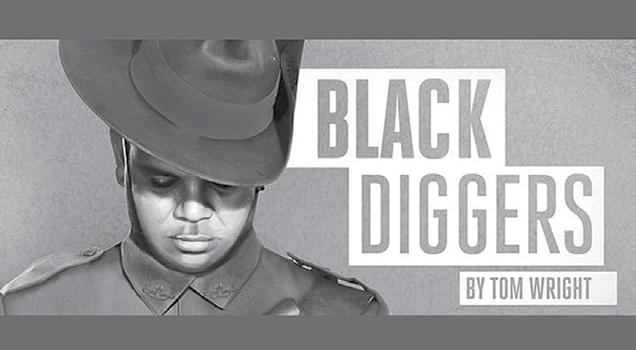
Radio program Aboriginal Message…
…is recorded weekly at Radio Adelaide.
If you have an interesting story or event that you would like to share on radio, please contact Kaliah Alice on (08) 2110 2834 or email aboriginalmessage@nativetitlesa.org
SOUTH AUSTRALIAN NATIVE TITLE SERVICES
Level 4 345 King William Street ADELAIDE SA 5000
Editor Keith Thomas
Communications Officer Kaliah Alice
Advertising Enquiries (08) 8110 2800
Circulation 10,000
If you have any stories of interest to our readers, please address any correspondence to: editor@nativetitlesa.org
Aboriginal Way South Australian Native Title Services Level 4 345 King William Street ADELAIDE SA 5000 Ph: 8110 2800 Fax: 8110 2811 FREECALL: 1800 010 360
The Editor has the final decision on all stories and advertising that appear in this publication.
SA Native Title Services pays respect to Trevor Grif fin, former at torney general and native title supporter
Mr Griffin, 74, died on 7 March after an illness and is survived by his wife and two sons. His Honour was a member of the Legislative Council for 24 years and served twice as attorney-general. He spent his later years working on his vineyard in the Adelaide Hills. As attorney general, Mr Griffen assisted in devising the concept of settling native title claims through negotiation and the set-up of legal processes, including Indigenous Land Use Agreements and Consent Determinations. To this day, the reforms continue to play a large part in how native title is run in South Australia.
Keith Thomas, South Australian Native Title Services CEO said “Mr Griffin played an integral role in the history of native title in South Australia”.
“He helped South Australia become a national leader in native title in pursuing negotiated native title outcomes instead of litigating claims.” “Mr Griffin obtained Cabinet backing and funding for Indigenous land use agreements and other initiatives.” “He was a good man and a good politician and he will be sadly missed,” Mr Thomas said.
Mr Griffin was the leader of the government in the Legislative Council from September 1979 to November 1982 and served as attorney-general twice from September 1979 to November 1982 and again from December 1993 to December 2001.
SANTS Nunkari photos
Text?
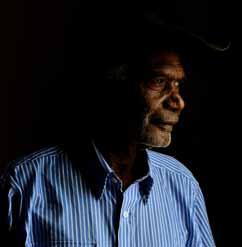
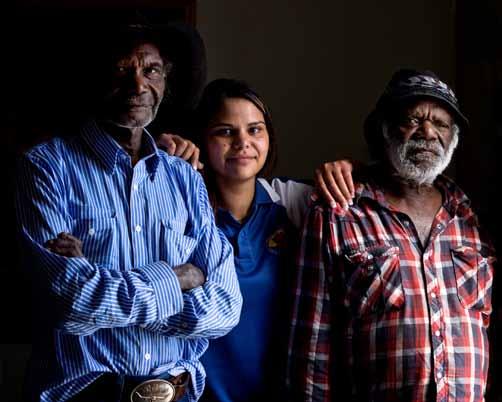
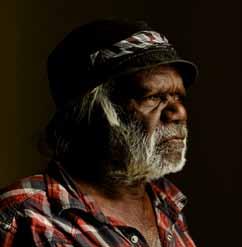
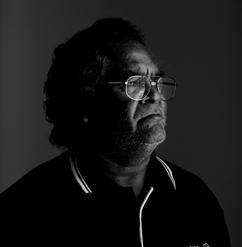
Stay in touch
Name: _________________________________________________________________________________ Address: _______________________________________________________________________________ _______________________________________________________ Postcode: _______________________ Phone: ______________________________ Email: _____________________________________________ DX no: _________________________________________________ No of copies: ____________________
Is this an alteration to our current records? Yes No Would you like to be added to the mailing list? Yes No Would you like to be sent regular information about SANTS? Yes No
ISSUE 59


